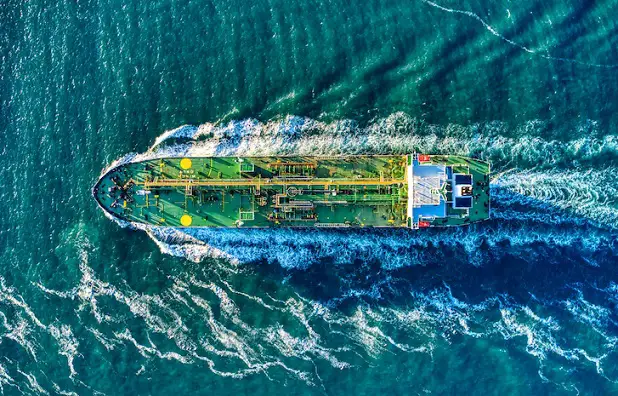The International Energy Agency’s executive director Fatih Birol has said that it is not expected that increased enforcement actions by the Group of Seven nations to enforce the price cap on Russian seaborne oil and petroleum products will in any way affect the supply situation for crude oil or petroleum products.
Over the past six months the G7 nations, the European Union, and Australia agreed on the imposition of a $60 per barrel price cap on Russian seaborne crude oil cargoes, as well as upper limits on the prices of other petroleum products, in an effort to deprive Moscow of energy profits over its invasion of Ukraine, but without impacting total available supplies or driving overall market prices up.
On Saturday, during its annual leaders’ meeting, the G7 nations announced they would step up enforcement efforts to counter evasion of the price caps “while avoiding spillover effects and maintaining global energy supply.” It offered no further details about how it would be doing that.
In an interview on the sidelines of the summit, Birol said to the Reuters news agency that the IEA, which offers analysis and input to the G7 on energy, did not see the enhanced enforcement of the price caps as having an effect on the overall global oil and fuel supplies.
He said, “Any significant changes in the markets as always we will reflect in our analysis, in our reports, but for the time being I don’t see a reason to make a change in our analysis.”
Birol said the price caps had attained both of their primary objectives, not causing global oil supplies to tighten and drive up prices unnecessarily, while at the same time, reducing the Kremlin’s overall revenues from energy sales.
Birol said, “Russia did play the energy card, and it did fail. But there are some loopholes, some challenges for the better functioning of the oil price cap.”
Previously the US Treasury Department had issued warnings to US companies about potential evasions of the Russian price caps, specifically pointing to oil being exported through the Eastern Siberia Pacific Ocean (ESPO) pipeline as well as ports in eastern Russia.
The Treasury’s Office of Foreign Asset Control (OFAC) had noted there were reports of crude oil exports trading above the $60 per barrel capped price imposed by Western countries, specifically naming Kozmino as one of the ports where the price cap may be being evaded. It noted American entities may be unwittingly offering services that are being used to ship the cargoes handled by those trades.
The OFAC had said, “These U.S. service providers may be unaware that they are providing covered services involving Russian oil purchased above the price cap, as the non-U.S. persons involved in the exports may have provided incomplete or false documentation or used other deceptive practices.”
The OFAC went on to note that U.S. entities providing covered services “are required to reject participating in an evasive transaction or a transaction that violates the price cap determinations, and to report such a transaction to OFAC.”
It went on to say that some of the tankers exiting the port may be rigging their automatic identification systems in a practice known as spoofing, which will hide the fact they had called at the port of Kozmino.
The OFAC said, “For example, basic vessel-tracking data may show the tanker at one location, but more sophisticated reporting from maritime intelligence services may show that the vessel called at the port of Kozmino or another eastern port in the Russian Federation.”

